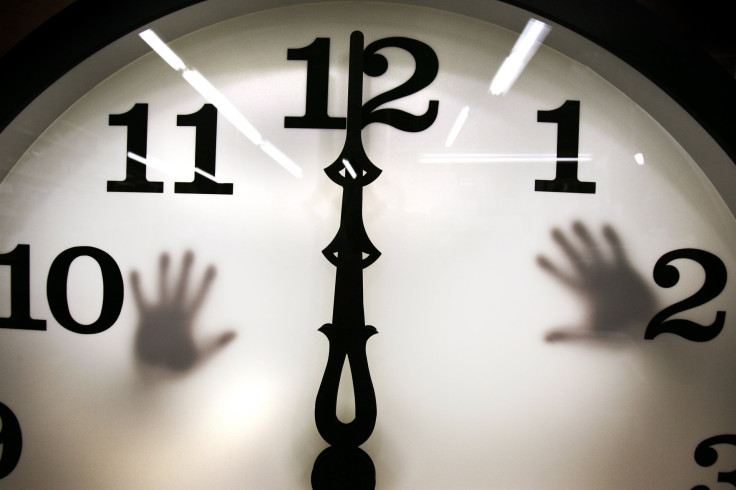American Academy Of Sleep Medicine Wants To Ditch Daylight Saving Time As It ‘Disrupts Body’s Rhythm’

KEY POINTS
- The human body depends largely on the daily light cycle for good health
- Abruptly disrupting this natural rhythm can lead to health and safety issues
- The American Academy of Sleep Medicine now recommends eliminating daylight saving time
Some Americans see the annual shift to daylight saving time as a welcome change that gives them more time to work, but for others it may just mean losing an hour’s sleep. The American Academy of Sleep Medicine (AASM) says this biannual clock switch has more serious consequences.
The society says eliminating daylight saving time will benefit public health and safety.
There have been several debates regarding daylight saving time, when people move their clocks forward by an hour in summer months to make more use of daylight. AASM, in a position statement published in the Journal of Clinical Sleep Medicine, says there is enormous evidence linking it with public health and safety risks such as adverse heart health events, mood disorders and motor vehicle crashes.
The organization recommends switching to permanent standard time as it aligns better with the natural rhythms of the body’s internal clock.
"Permanent, year-round standard time is the best choice to most closely match our circadian sleep-wake cycle. Daylight saving time results in more darkness in the morning and more light in the evening, disrupting the body’s natural rhythm," said the lead author Dr. M. Adeel Rishi, sleep medicine and critical care specialist at the Mayo Clinic in Eau Claire, Wisconsin. Rishi is also the vice-chair of the AASM Public Safety Committee.
The statement outlined the acute effects of daylight saving time including higher stroke risk, hospital admissions, sleep loss and increased levels of inflammatory markers.
"There is ample evidence of the negative, short-term consequences of the annual change to daylight saving time in the spring. Because the adoption of permanent standard time would be beneficial for public health and safety, the AASM will be advocating at the federal level for this legislative change," said AASM president Dr. Kannan Ramar.
Some previous studies have found that the biannual clock switch can have implications on the health and safety of people. A study by the University of Colorado Boulder found a spike in traffic fatalities -- as much as 6% in the initial days following the change to daylight saving time. Another recent study reported an 18% increase in adverse medical events related to human error.
A 2019 study pointed out that the annual transition to and from daylight saving time might affect people’s health in the long term.
© Copyright IBTimes 2025. All rights reserved.






















